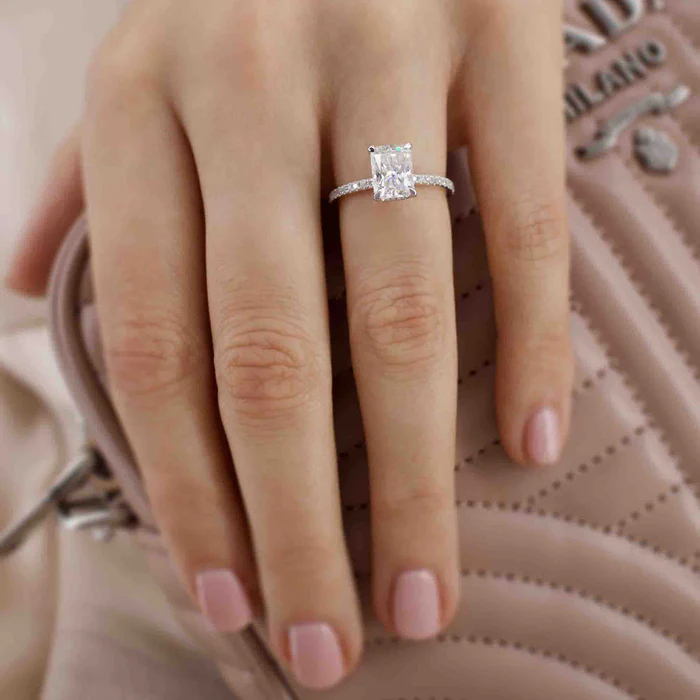
Ethical Alexandrite Sourcing: A Guide to Responsible Jewelry is a vital topic for anyone interested in creating or purchasing sustainable and meaningful pieces, especially engagement rings UK shoppers seek. Alexandrite, a rare and enchanting gemstone known for its color-changing properties, has grown in popularity for those wanting unique and luxurious jewelry. However, ensuring that the alexandrite you choose is sourced ethically can make a profound difference for the environment, workers, and communities involved in its extraction.
Alexandrite was first discovered in Russia in the 1830s and has since become a prized gemstone due to its rarity and magical ability to shift colors between green and reddish hues. Modern sources of alexandrite include Brazil, Sri Lanka, and East Africa. While this gemstone’s beauty is undeniable, its mining process raises significant ethical concerns, such as environmental degradation and unfair labor practices. Ethical sourcing addresses these concerns by promoting responsible mining practices, supporting local communities, and minimizing harm to ecosystems.
When considering ethical alexandrite sourcing, it’s essential to look for certifications and partnerships with responsible mining initiatives. Certifications like the Responsible Jewellery Council (RJC) or Fairtrade Gold are increasingly common in the industry and offer a reliable way to verify that gemstones are mined and processed responsibly. Many ethical jewelers in the UK and globally now prioritize such certifications, ensuring their engagement rings and other jewelry meet high ethical standards.
Beyond certifications, traceability is a key component of ethical sourcing. Consumers should ask questions about where the gemstone originates, how it was mined, and whether workers were treated fairly. Retailers and jewelers who emphasize transparency are more likely to engage in ethical sourcing. For example, some jewelers provide detailed information about the journey of their gemstones, from mine to market, allowing buyers to make informed decisions.
Another important consideration is the environmental impact of alexandrite mining. Irresponsible mining practices can cause deforestation, water pollution, and habitat destruction. Ethical sourcing prioritizes minimizing these effects by employing sustainable mining methods and rehabilitating mining sites. Supporting jewelers who adhere to these practices helps protect the planet while allowing you to enjoy the beauty of alexandrite guilt-free.
For those unable to confirm the ethical origins of natural alexandrite, lab-grown options offer a compelling alternative. Lab-grown alexandrite is virtually indistinguishable from its natural counterpart and is created under controlled conditions without the environmental and social issues associated with mining. These alternatives are also more affordable, making them an excellent choice for engagement rings in the UK market.
Ultimately, choosing ethically sourced alexandrite aligns with a growing consumer demand for responsible and sustainable practices in the jewelry industry. By supporting ethical jewelers and prioritizing transparency, you contribute to fair labor practices, environmental conservation, and the well-being of mining communities.
In a world increasingly aware of sustainability, ethical alexandrite sourcing is more than a trend—it’s a commitment to preserving our planet and respecting human rights. Whether you’re seeking a striking engagement ring in the UK or a timeless piece of fine jewelry, make choices that reflect your values and contribute to a brighter, more responsible future.